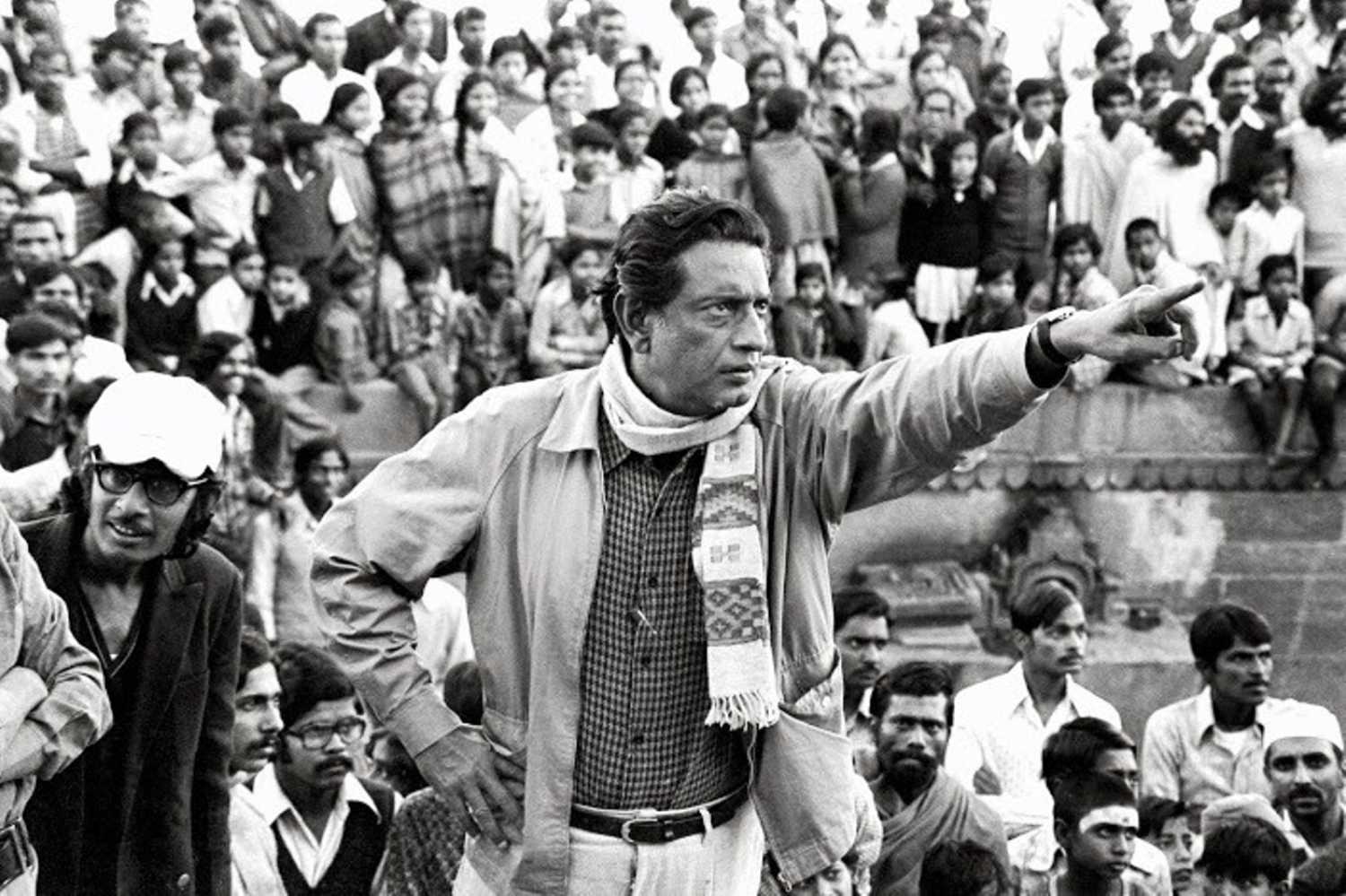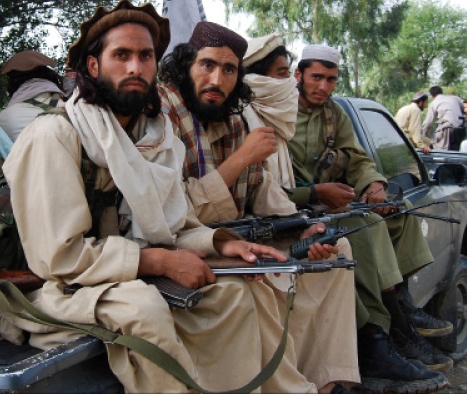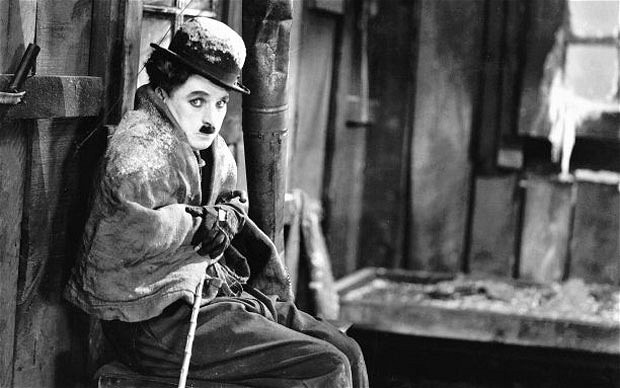Cinema is a very powerful medium which has been most commonly used to entertain people and to make money. However there is a higher purpose than this to use cinema for creating a better world in various highly creative ways. This can be done also while entertaining people of course, but at other times there may be need for more seriously engaging people in very important issues. Both kinds of efforts are welcome. What is important is that a sincere effort should be made to reach out to people to do something about the most serious problems, whether it is injustice and inequality or war or ecological ruin.
The technology for this has been improving steadily, there are more openings now, more training facilities for various aspects of film-making, a lot of talented people certainly exist spread over various countries and continents. Despite all this, somehow, the rich potential of cinema for contribution to creating a better world has not been realized. In some leading film making countries in fact the situation appears to have deteriorated. In India, for instance, the contribution of mainstream Hindi cinema was perhaps better in the 1950s than what we see in the 2020s. In fact some of the best film makers, music composers and lyricists found themselves increasingly marginalized in later years. If we look at the best of Indian cinema in other languages, even Satyajit Ray produced his best work in his earlier than in his later years.
As compared to full length, expensive feature films it would appear at first glance that the prospects for documentary films are better. Here India has some very talented film makers led by the great Anand Patwardhan. His journey of film-making has truly been an outstanding one, but despite worldwide recognition for his great work, he has faced increasing problems in taking his films to more people. If such has been the fate of one of the best known documentary film makers, one can imagine the difficult prospects faced by the younger, lesser known film makers. This at least partially explains why documentary films have also not been able to realize their immense potential. You cannot also expect everyone to be as courageous and uncompromising as Anand Patwardhan.
In fact there are signs that the systems may be becoming more closed in some leading film making countries like India. In a recent article titled ‘The Assault on the National Film Archives and Films Division is an Assault on Constitution’, Anand Patwardhan has voiced very strong criticism of the recent merging of four distinct bodies under one single umbrella organization. The National Film Archives has a vast collection of post-independence news and documentary films. He has expressed a serious concern, “Once our archived history falls into the hands of those who never fought for independence from British rule, it will just disappear and be re-cut and rewritten.” He has stated that once the four bodies merging into one body has the mandate to make a profit, it is not hard to predict what will happen next—privatization and selling off of public assets.
It is true that some outstanding work has been done even in the middle of great difficulties. The films which Oliver Stone managed to make on the assassination of President John Kennedy or JFK are truly great films made in very adverse conditions, but the difficulties faced in the course of making such few exceptional films only confirm that it has in fact become increasingly difficult to make truly courageous documentary films as well full-length feature films.
One way out of these difficult conditions can be for film makers of social commitment and courage to establish very wide unity overcoming all narrow boundaries. When they work in conditions of worldwide solidarity with each other their task will become easier, hopefully.
Another source of strength can be to establish closer linkages with people’s movements of justice and equality, ecology and peace, and to work in collaboration with them, learning from them, also contributing to them. In the process some grassroots activists can also be trained in some aspects of film-making.
This task will be helped also by strengthening of film society movement. This has to reach ordinary people in rural and semi-urban areas, while getting rid of its elitist orientation. This movement should be linked more closely to films of social concerns, instead of just being a film art movement in the narrow sense.
Bharat Dogra is Honorary Convener, Campaign to Save Earth Now. His recent books include When the Two Streams Met and Earth Beyond Borders.














